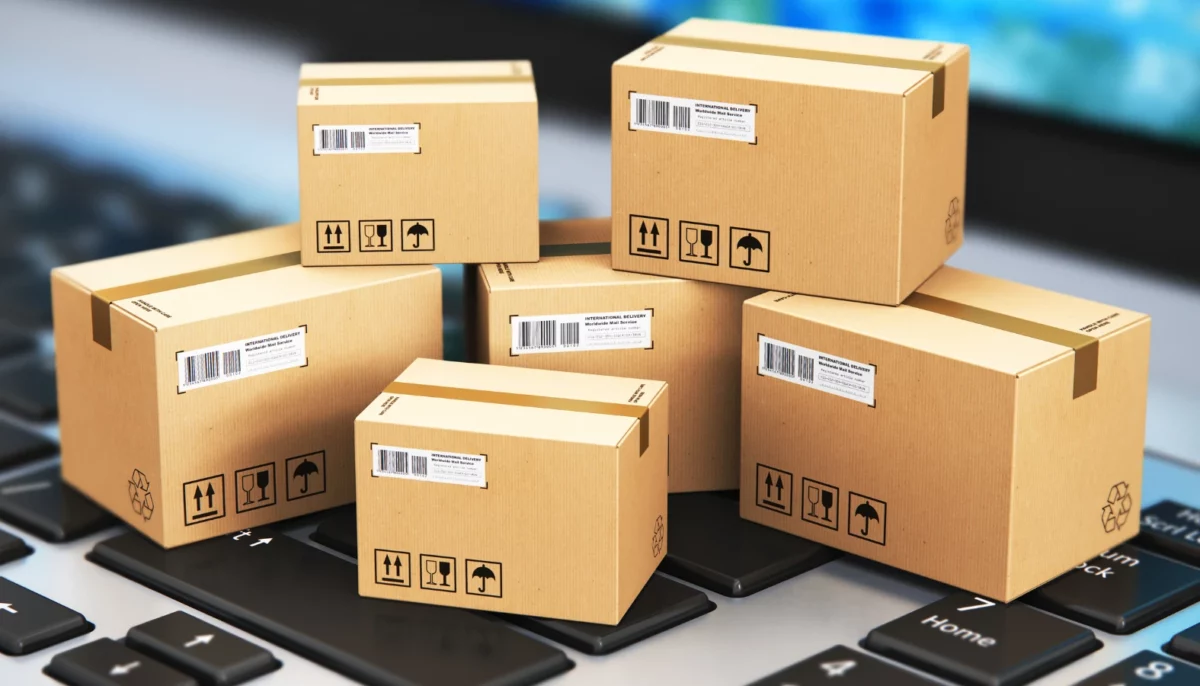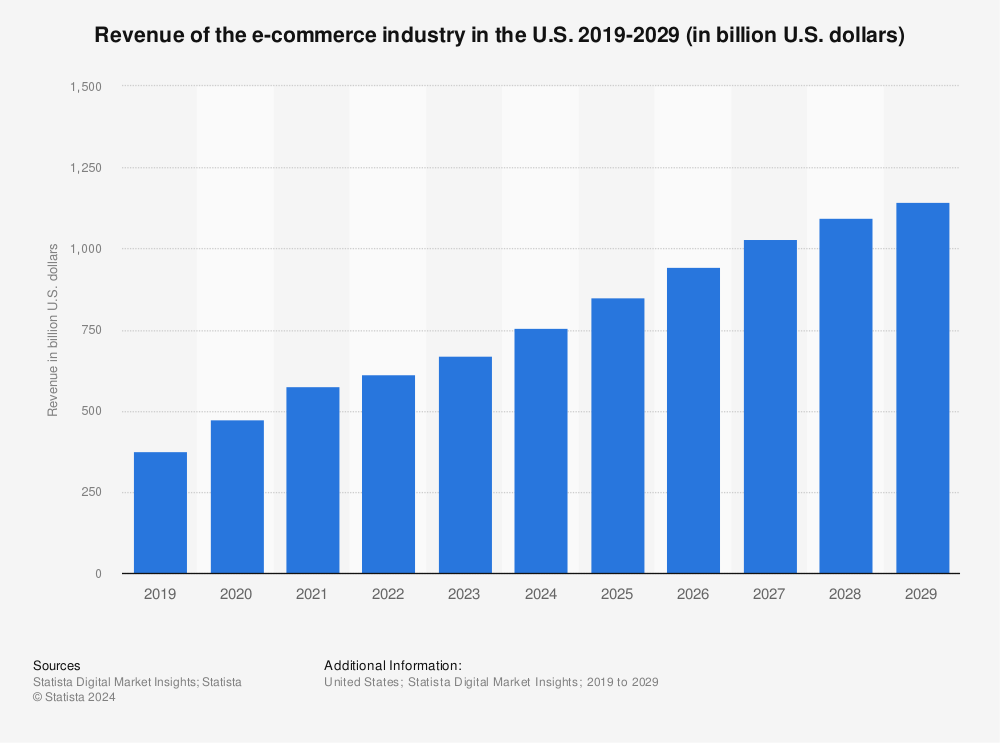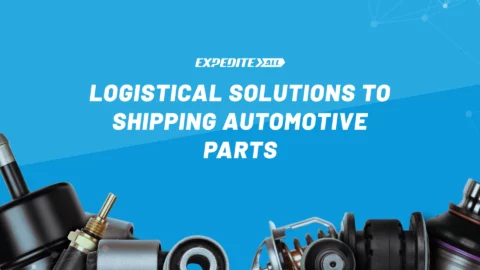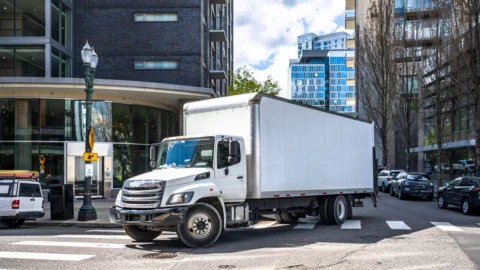5 ways transportation has been impacted by e-commerce

Consumer Behavior drives how businesses work. Customers tend to follow relatively consistent, but evolving patterns of behavior, and businesses work hard to understand those patterns. However, with rise of COVID-19 infections, and the resulting recommendations to distance, many consumers have adopted new habits. One trend, which has intensified since COVID-19, has been the adoption of, and engagement with, ecommerce platforms throughout the U.S., and the world.
In the United States, retail e-commerce revenue grew 25% between 2019 and 2020, compared to about 10% in the previous two years.

Find more statistics at Statista
Much of the increase in eCommerce has been in the food delivery and consumer goods sectors. And, though many consumers have started reverting to pre-pandemic shopping behavior, the effects of the pandemic have stayed on. Over half of those who adopted new technologies driving the eCommerce boom have continued to use them.
From a logistics perspective, it is important to note that the expectation of speed and convenience that customers experience with eCommerce has also bled into other sectors.
Here are a few ways in which the shipping and transport service industries have been impacted by eCommerce in the wake of COVID-19:
Much of the increase in eCommerce has been in the food delivery and consumer goods sectors. And, though many consumers have started reverting to pre-pandemic shopping behavior, the effects of the pandemic have stayed on. Over half of those who adopted new technologies driving the eCommerce boom have continued to use them.
From a logistics perspective, it is important to note that the expectation of speed and convenience that customers experience with eCommerce has also bled into other sectors.
Here are a few ways in which the shipping and transport service industries have been impacted by eCommerce in the wake of COVID-19:
Demand for Last-Mile Shipping has significantly increased.
Last-Mile delivery services using cargo vans and box trucks have met with increased demand as customers avoid extra trips to crowded spaces. With Expedite All, you have the option to search for just those kinds of vehicles, and conveniently hire a carrier for your Last Mile.
Shipping delays are now more commonplace.
Due to the added strain on shipping services, companies are forced to push back expected delivery dates and manage customer expectations. The added strain includes some of the necessary guidelines used to mitigate COVID-19 risk:
- Managing and working around an increased use of sick time
- Minimizing interactions between coworkers and other parties
- Discouraging workers from sharing equipment where possible
A shipper can now seriously distinguish themselves with speedy, consistent deliveries. By partnering with Expedite All, you can deliver on your promises faster in all Lower 48 States.
Customer demand for speed has increased the cost of traditionally inexpensive shipping methods.
In the new world of fast deliveries, carrier’s efforts to reduce shipping costs by waiting to fill up 53-foot trailers have been challenged. Packages can no longer be delayed to the same extent, as consumers are now spoiled with immediate shipping. This is amplified by the fact that customers have increasingly adopted the use of technology to track their orders in real-time, from warehouse to porch.
To that end, expedited services that utilize smaller vehicles fill an important gap. By using Expedite All, you have access to a deep roster of vans, box trucks, and hot shots suited to your cargo.
Customers are buying bigger products online.
In a world where someone may not have seriously considered buying a desk for the new home office online, they are now doing just that. More people are living at home and making more use of their home spaces. Making these spaces work for them means they need furniture, exercise equipment, and more. Expedite All provides you with a convenient, reliable way to transport these goods on time.
An increased demand for long-distance shipping
Because of various shortages across all industries, companies pressed for time in procuring materials and equipment must oftentimes seek them from afar if they are to deliver projects on time. Companies will use eCommerce tools to seek more procurement options. This can oftentimes result in one-off shipments of various parts, equipment, or materials. However, due to the urgency factor, it may not be feasible to have one’s shipment loaded as an LTL (Less-Than-Truckload) shipment and have it wait for another. If your project is in need of a timely, direct shipment, you may be able to leverage Expedite All’s carrier network to fulfill that need.
Overall, the shipping industry has seen some major challenges since 2020. By leveraging the use of an agile, flexible, and vast network of carriers, Expedite All gives you another way to successfully and reliably serve your customer in the eCommerce era.


